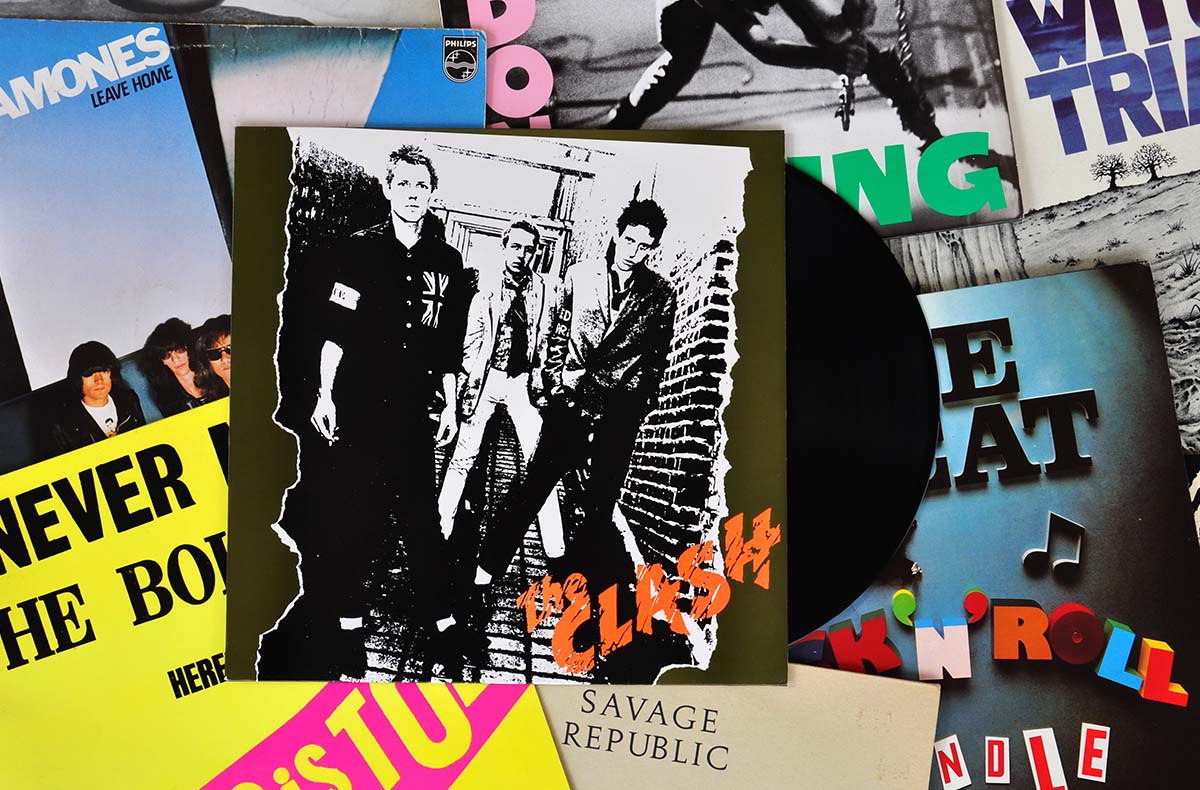
In 1976, Bill Grundy, the anchorman on the Thames television show Today, was unceremoniously fired. He never appeared on primetime television again, in what came to be subsequently recognised as the defining moment of a revolution that lasted several years and upended the music industry.
His crime was to encourage the lead singer of the Sex Pistols, Jonny Rotten, and guitarist Steve Jones, to verbally assault the viewing public with a stream of obscenities on live TV. As a result, the punk music revolution went mainstream: what had started as a grassroots protest against manufactured popular music and the establishment in general spawned hundreds of bands, re-invented the fashion industry, and unleashed the frustrations of a youthful generation eager for change. These were exciting times.
Although part of that era, I can’t claim it was the catalyst 40 years later for my book, The Monday Revolution. But in many ways what The Sex Pistols achieved that night in music represents what I’d like to achieve revolutionising the business world. How? By replacing the bland and ordinary with a more immediately effective and dynamic approach to work and life.
Acceptance of the natural order in our lives tends to be what we go along with, because we believe it’s mostly how things get done: it’s only when something out of left field shows up that we reassess our behaviour.
The business world is littered with missteps and poor decisions that often result in catastrophic outcomes for companies and occasionally entire industries. When new management is parachuted in, it inevitably takes a company back to basics. It’s the equivalent of wiping the hard drive: retaining the core of the business but sweeping away the many additional activities and components that have slowed or distracted the organisation. And so begins another cycle.
But what if we could act sooner and not wait for the life-threatening moment. What is so wrong with seizing control now? Starting on Monday.
Six Steps towards The Monday Revolution
- Invest time wisely. It’s always in short supply and not easily stored for another day—an invaluable resource. The revolutionary spends their time on the right things each week to improve the chances of effective results and maximum satisfaction.
- Find better ways. Around you there are many examples of better ways to solve your own problems and create compelling opportunities. Learn to look outside.
- Simple, not complicated. Revolutionaries are mission clear. Too many moving parts and you’ll increase the chance of failure. Avoid the trap of trying to solve complex problems with complex solutions. Whatever you’re doing or saying, keep it simple.
- Now, not later. The enemy of effective working is procrastination. What is wrong with now?
- Evidence-based decision making. Sometimes there will be little to go on. But this is rare. More likely, the facts are there, but overruled by emotions. Be strong. Look for evidence to back up decisions. Before you decide, how do you really know?
- Positive mindset. Revolutionaries never win without belief. Neither will you.
The Monday Revolution is my mission to change your personal approach to business and life. It’s my one-man campaign, centred on simple ideas. But I’m confident of recruiting like-minded others. Feel free to join.
In the course of my work, be it running companies or helping and observing others, I’ve concluded that so much in every organisation could be changed, at no financial cost, for the better.
Endless meetings, useless reports, layered decision making and pointless awaydays clog up the majority of businesses and the working weeks of people I meet. I’ve committed such crimes over many years because I too thought this is “just how things are.” I’ve shared their pain.
The Monday Revolution is a metaphor for change. But it doesn’t necessarily require direct confrontation, as in most instances, subtlety and stealth will be more effective. But whatever the given context, everyone can quickly seize back some control of their lives, in so many ways.
A look in anybody’s calendar will tell a similar story: arrangements that will produce very little in either productivity or personal satisfaction. We all know that reward comes to us through achievement. Taking something on. Having a plan attached to a desired, final result. Organising our time to get the things done that matter.
Darwin is often quoted for his observation that it is those most able to adapt and change that survive. That’s what I’m talking about. The recognition that changes in behaviour, which we can personally control, will magnify our effectiveness and allow us to look ahead with a positive mindset. Work is there to be enjoyed, not endured.
Seize control of your business life and join The Monday Revolution.


